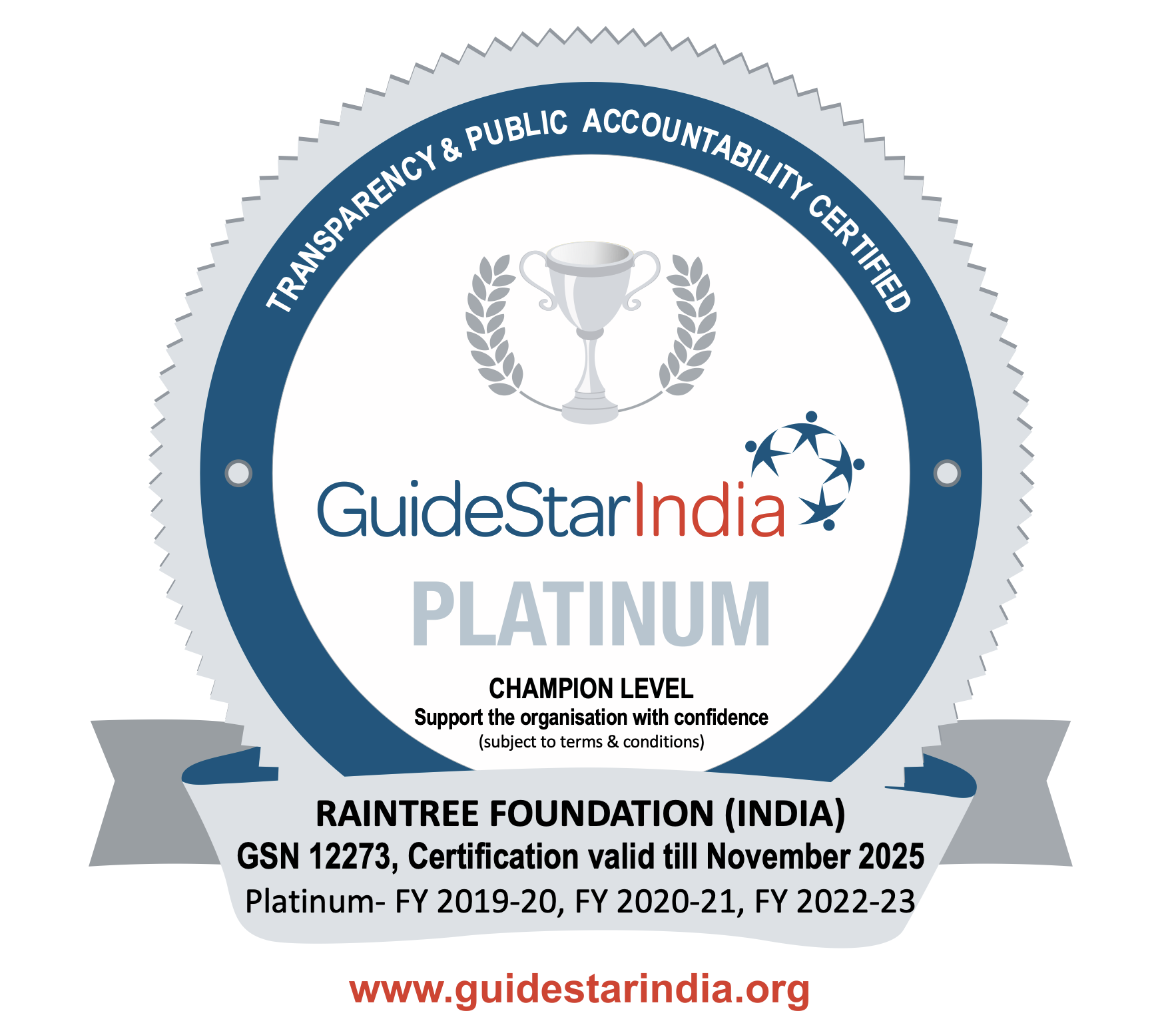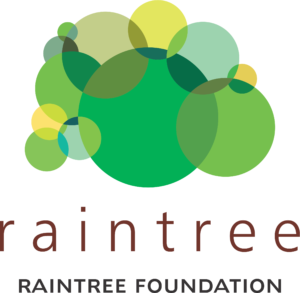Knowledge Centre
October 2024
The Impact of Mental Health Issues on Community Well-Being: Effective Strategies for Mitigation

What inspired you to focus on integrating Eastern Mind Traditions and Arts-based methods into your practice?
As I increasingly gained exposure to the Eastern mind traditions and Arts-Based Therapeutic practices, I recognized their value in using them both at Bapu Trust in the understanding of the mind-body connections and the pathways for healing.
Additionally, Eastern mind traditions practice a deeper understanding of the mind-body connection, helping individuals manage intrusive thoughts, emotions, and behaviors by addressing the root causes of distress. Arts-based methods offer alternative self-expression, promoting emotional release, insight, and narrative control while integrating Eastern mind traditions fosters inclusive spaces where diverse individuals feel validated.
Impact of Mental Health Issues on Community Well-Being
- How do mental health issues affect overall community well-being, and what strategies or approaches have you found effective in mitigating these impacts at the community level?
It’s a catch-22 situation: people with mental health conditions face serious deprivations and poverty, whereas poverty and deprivations compound their psychosocial ill-health and exclusion.
Greater awareness at grassroots levels can educate communities on psychosocial issues from a rights-based framework, encourage mutual support and normalize mental health conversations. Development issues can be addressed through vibrant referral strategies for individuals, families and communities to mainstream services. The mitigation strategies therefore have to address both the psychosocial issues and the development issues.
- How does the lack of mental health resources or support affect other aspects of rural life, such as education, employment, or social stability?
The lack of mental health resources negatively impacts education, employment, and social stability leading to cycles of discrimination and exclusion in rural populations.
Mental health issues can cause students in rural communities to drop out reinforcing cycles of poverty leading to migration. Furthermore, farmers and agricultural workers face unique mental health stressors due to climate change induced crop/production failures. The high levels of farmer suicides due to debt and addiction, point to a lack of support networks for mental health.
- How do socio-economic factors and lack of infrastructure contribute to mental health in these communities?
Poverty, poor healthcare access and cultural stigma along with economic challenges cause chronic stress, anxiety, insecurity and uncertainty. These can exacerbate existing mental conditions or trigger new ones which can cause hopelessness and helplessness which is a vicious self-perpetuating cycle.
Furthermore, in wide-spread rural areas the long distances with limited public transportation infrastructure impact access to treatment. Caregivers too may experience emotional exhaustion, financial strain, and seclusion, which negatively impacts their mental health compromising entire communities. Research suggests rural areas that have good development programs report better mental health compared to areas that have no/poor development.
Role of Community Leaders and the Initiatives
- In your experience, how can the involvement of community leaders enhance the effectiveness of mental health programs and interventions in rural areas?
In India, community leaders play a crucial role in enhancing the effectiveness of community-based mental health programs. Village Sarpanchs, religious leaders, or respected elders are likely to be more trusted when they advocate psychosocial health and inclusion leading to wider people participation.
Community leaders play a crucial role in linking people with government initiatives such as the District Mental Health Program (DMHP) or Ayushman Bharat thus bridging the gap between policy and on-the-ground implementation.
- What roles do local organizations and grassroots movements play in bridging the gap in mental health services and support?
Local organizations and grassroots movements play a pivotal role in bridging the gap in mental healthcare support services and systems enabling organizations to reach communities that are excluded using existing community structures to further the vision of psychosocially resilient communities.
Grassroots organizations often integrate traditional practices in addressing mental health issues. By empowering vulnerable individuals, grassroots movements enable the creation of environments that are more inclusive and equitable.
Views on the Collaborative Approach
- What is your perspective on the importance of integrating mental health support with other community development efforts, such as environmental sustainability?
Mental health and environmental well-being are deeply interconnected. In rural India, where livelihoods are often closely tied to agriculture and natural resources, environmental challenges directly impact mental health. By addressing mental health within the broader framework of sustainable development, a more holistic and resilient approach to community well-being can be fostered.
In states like Maharashtra, the farmers’ mental health crisis among is often linked to unsustainable farming practices. Initiatives that promote sustainable agriculture can reduce mental health issues, notably farmer suicides. Combining mental health support with sustainable employment initiatives promotes both economic well-being and mental resilience, and reduces unemployment distress.
Programs that can address gender disparities and empower women to take leadership roles to become key agents of change in both environmental sustainability and community mental health.
- How do you see the role of traditional practices evolving in the future of mental health care, and what changes or innovations do you anticipate?
Traditional practices have long played an integral role in mental health care in rural and indigenous communities in India. The Ministry of Ayush was established in 2014 to spread the knowledge of ancient systems of medicine. Indigenous healing practices are gaining acceptance with their ability to bridge ancient wisdom with modern science to make mental health care more accessible.
Arts-based methods too are gaining popularity for facilitating healing, social connection and inclusion. Additionally, body-based methods like yoga are being used increasingly for mental health recovery. As the mental health landscape evolves, these systems, including AYUSH will be integrated into national mental health programs.
- How do you view the approach of The Raintree Foundation in addressing community resilience and mental health in Velhe?
The Raintree Foundation’s model is an integrated development model incorporating gender, mental health and disability inclusion issues across its development thematic. This approach provides holistic care by combining mental health services within the broader socio-economic context of rural communities in India. This also means that the program has sustainability built in right from the start. The potential for The Raintree Foundation to implement, scale and impact communities through this approach is significant.
Ms. Kavita Nair has been a pivotal member of the Bapu Trust since 2004, currently serving as a Board member and Director of the training vertical. She holds a post-graduate degree in Social Work from the Tata Institute of Social Sciences. Ms. Nair began her mental health career at Maitri, supporting individuals with schizophrenia and bipolar disorders. At Bapu Trust, she has focused on mental health initiatives within institutions like prisons and hospitals. Trained in Integrated Arts Therapy, she skillfully integrates Eastern Mind Traditions into her work, combining healing with social justice across diverse communities.
To subscribe to our Newsletter


Contact Info
- 101-104 First Floor - Sunrise Business Park, Rd Number 16, Wagle Industrial Estate, Thane 400064
- contactus@theraintree.org
Raintree Foundation © 2023. All rights reserved.

